Teenage

Understanding and Managing Social Anxiety: Tips for Teenagers
Social anxiety is more common than most people realize, especially among teenagers who are navigating the challenges of school, friendships, social media, and family expectations. For teens facing social anxiety, the pressures of school, social gatherings, and public situations can feel overwhelming, sometimes resulting in avoidance, negative self-talk, or a sense of isolation. In India, as well as globally, social anxiety has seen an uptick, partly fueled by social media and academic pressures. Understanding and managing social anxiety is crucial for building confidence and enjoying life’s opportunities. Here’s an in-depth look at what social anxiety is, why it’s particularly prevalent during teenage years, and how to address it effectively.

Dealing with Burnout: How to Recognize and Recover from Chronic Stress
Burnout is more than just feeling stressed or overwhelmed. It’s a state of emotional, physical, and mental exhaustion caused by excessive and prolonged stress. Burnout often occurs when you feel overwhelmed, emotionally drained, and unable to meet constant demands. As it persists, it can lower your productivity and leave you feeling helpless, cynical, and resentful. With the rise in workload and constant connectivity in today’s world, especially post-pandemic, burnout has become a common issue among professionals, students, and caregivers.
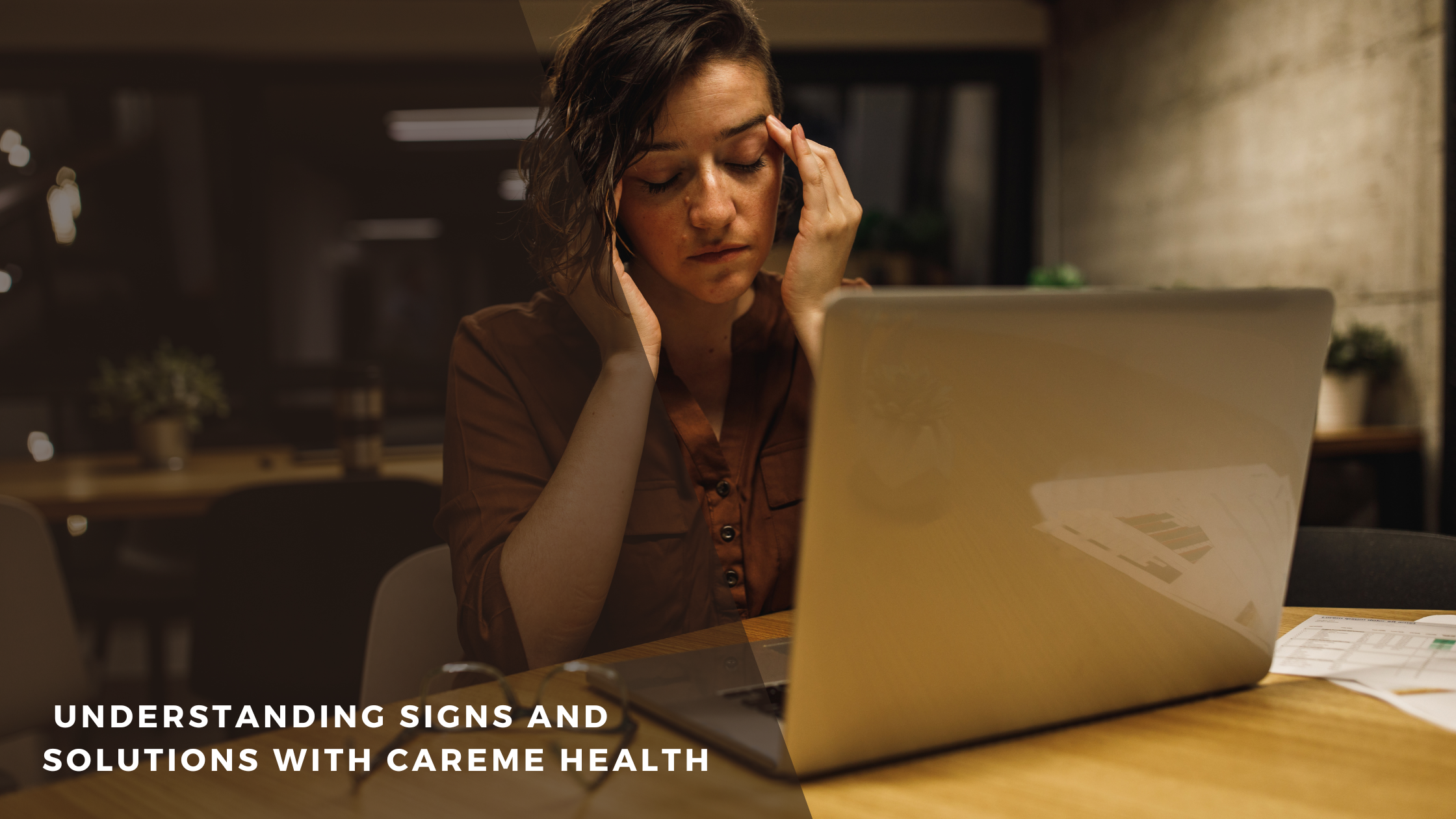
How to Tell If You're Stressed: Understanding Signs and Solutions with Careme Health
In today's fast-paced world, stress has become a common companion for many of us, weaving seamlessly into the fabric of our daily lives. This phenomenon holds especially true in the bustling life rhythms of India, where rapid urbanization, competitive work environments, and evolving societal expectations contribute to an ever-increasing stress burden among its population. Understanding stress, its origins, and its potential impacts on our physical and mental well-being is more crucial now than ever.
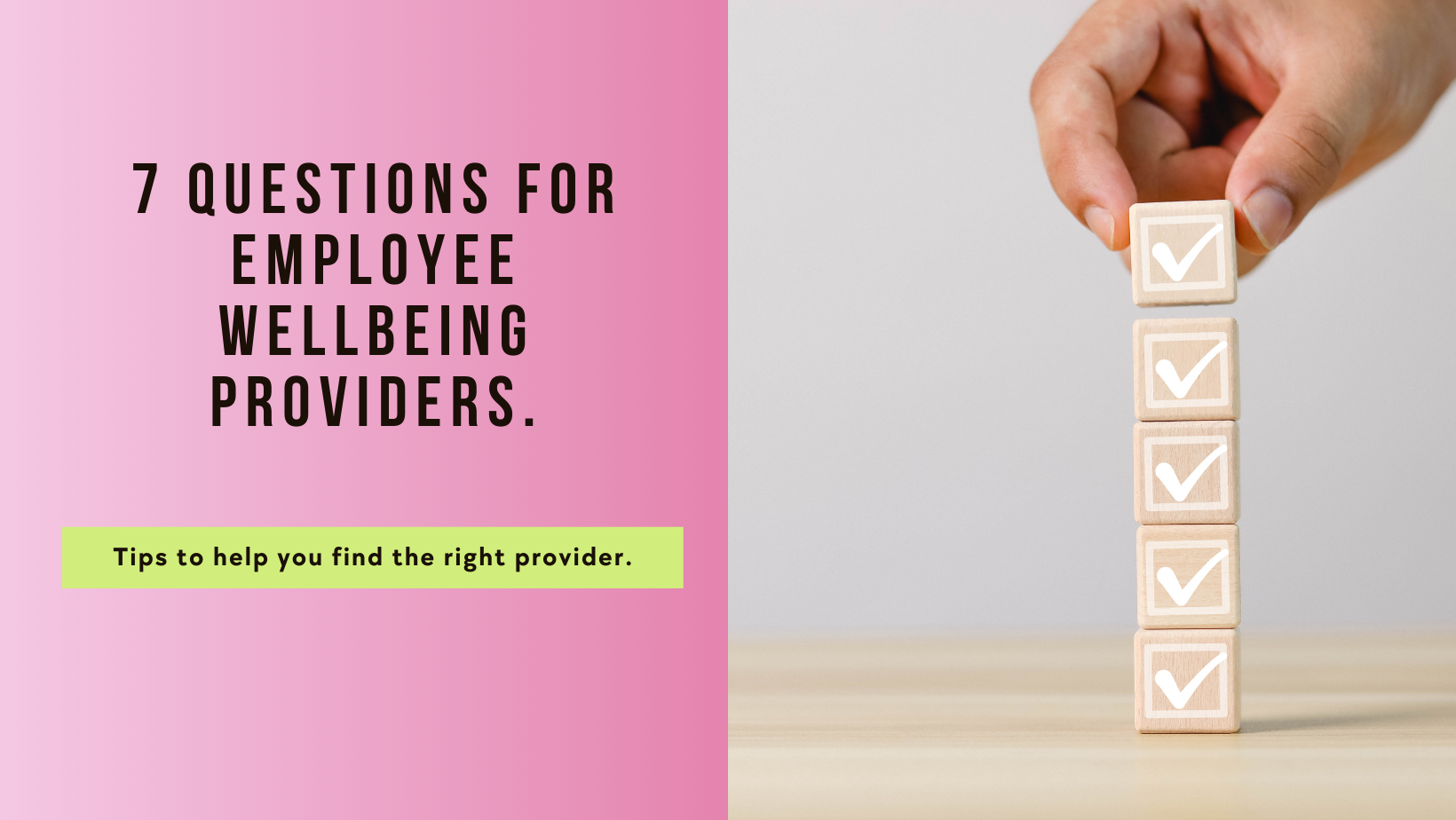
7 questions you should ask every employee wellbeing provider
7 questions you should ask every employee wellbeing provider Selecting an employee well-being provider is a critical decision for organizations committed to fostering a healthy and productive workplace. With the growing awareness of mental health in India, companies are increasingly seeking comprehensive solutions like CareMe Health to support their employees' well-being. When evaluating potential providers, asking the right questions can guide you to make an informed choice that aligns with your organization's values and needs. Here are seven essential questions to consider, backed by insights from studies and real-world practices.
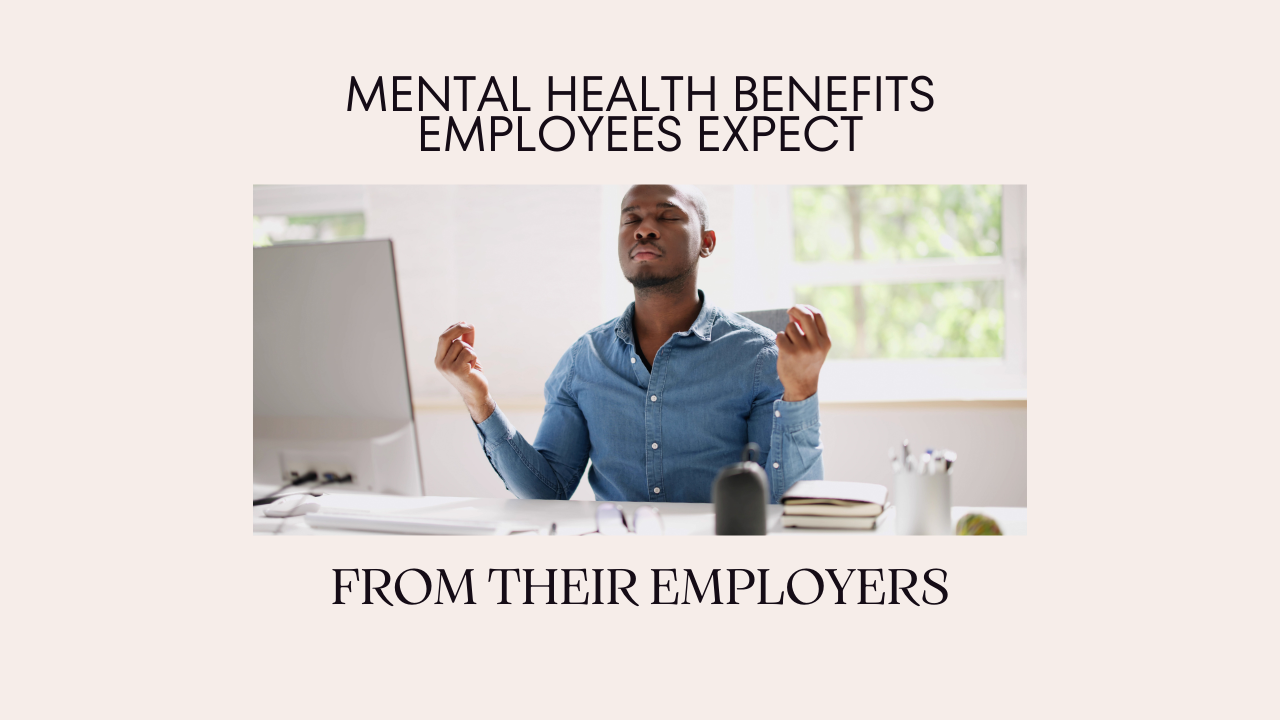
The mental health benefits employees expect from their employers
The Mental Health Benefits Employees Expect from Their Employers As we navigate the complexities of the modern workplace, the importance of mental health support has never been clearer. Employees across India are seeking workplaces that not only acknowledge but actively support their mental well-being. Here's what employees are looking for and how CareMe Health is meeting these needs.
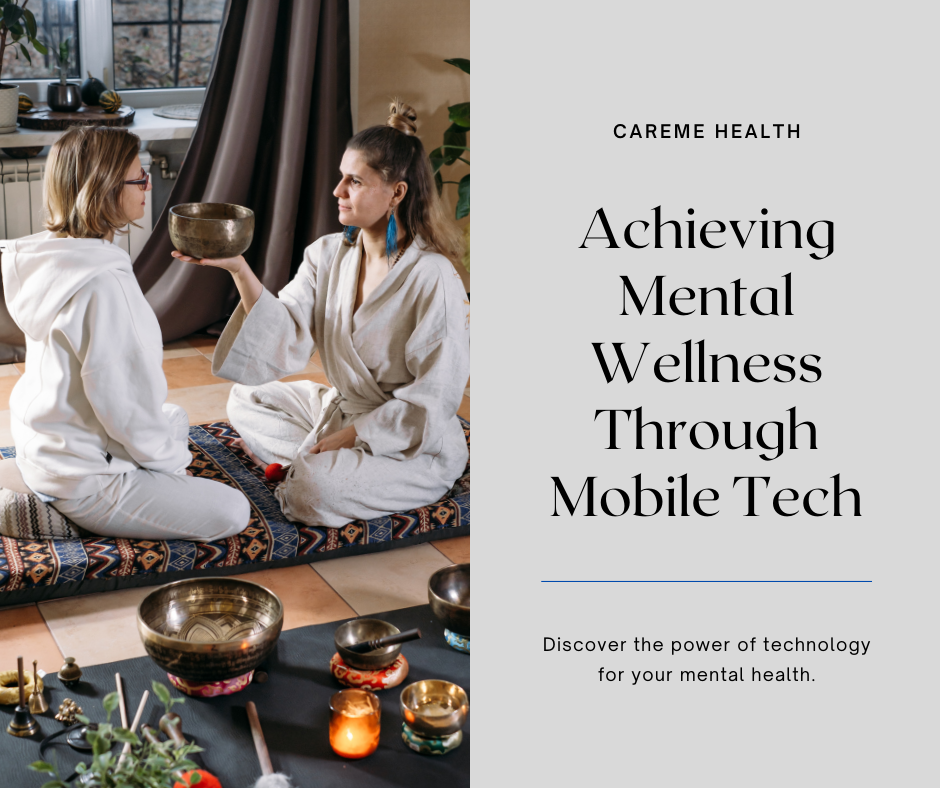
Mental health care and mobile tech: How CareMe achieves the magical mix
Mental Health Care and Mobile Tech: The Magical Mix of CareMe Health In today's fast-paced world, where the lines between physical and digital realms increasingly blur, mental health care has found a new ally in mobile technology. CareMe Health, an avant-garde mental health startup based in India, is at the forefront of this revolution, offering a harmonious blend of traditional care principles and cutting-edge technology. Let's explore how CareMe Health
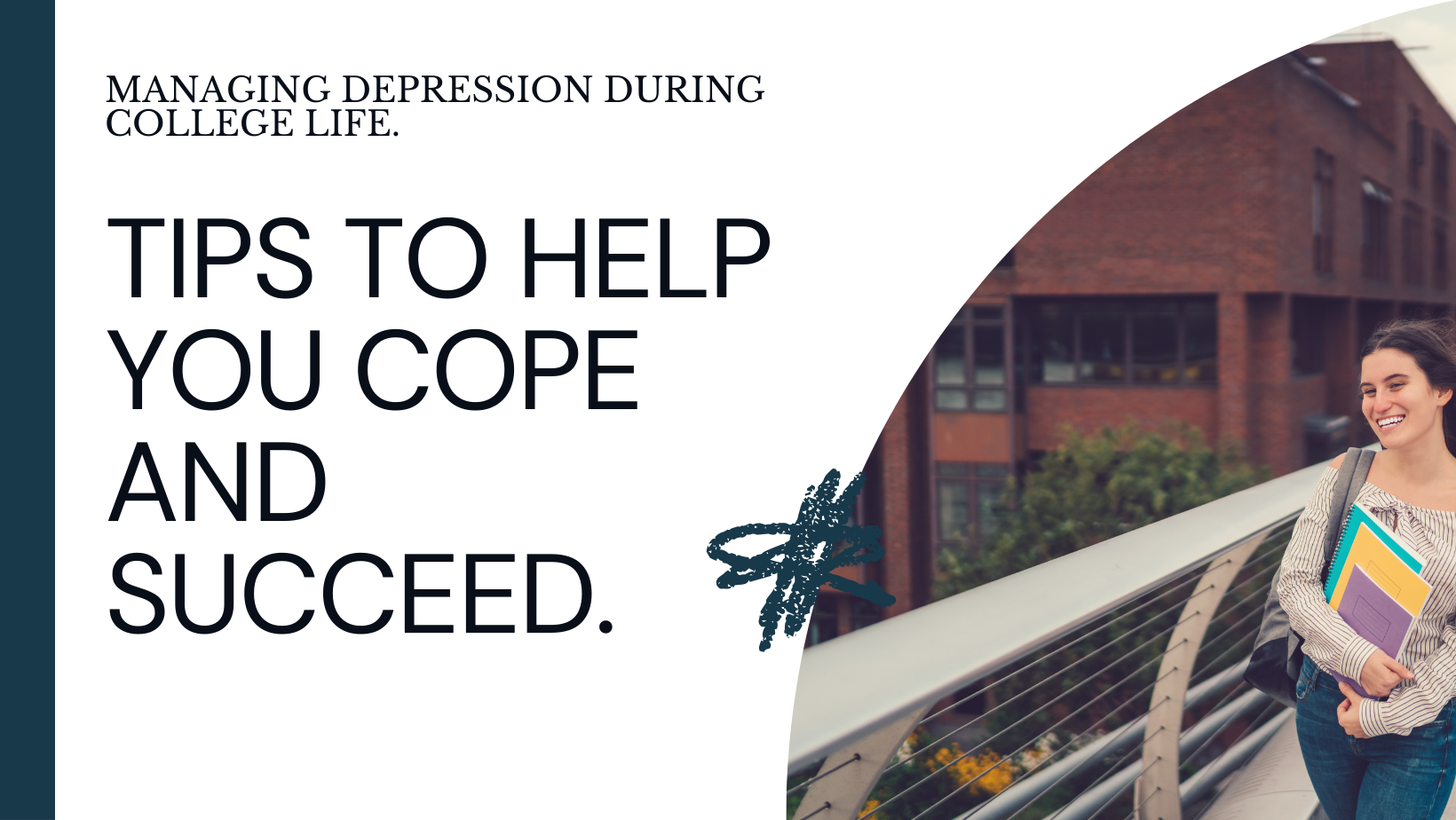
College Blues Getting You Down? Tips to Manage Depression During Studies
College Blues Getting You Down? Tips to Manage Depression During Studies College is a time of exploration, learning, and growth. But for many students across India, it's also a period marked by stress, anxiety, and sometimes, depression. The transition to college life, coupled with academic pressures and personal adjustments, can be overwhelming. If you're feeling the college blues, you're not alone. Here are some actionable tips to help you manage depression during your studies, with a special focus on how CareMe Health can support you on this journey.
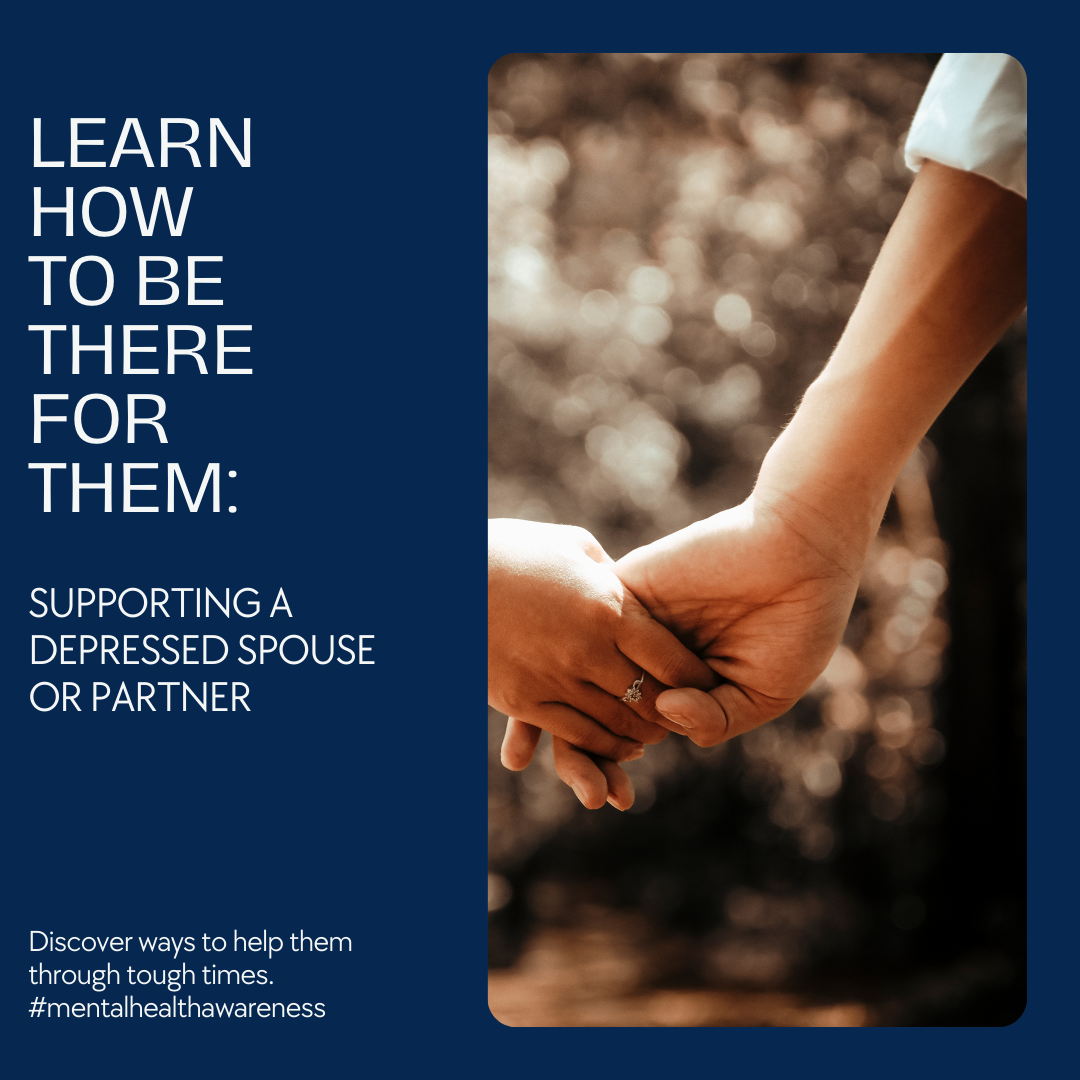
Supporting a Depressed spouse or Partner: Ways to Be There for Them
Supporting a Depressed Spouse or Partner: Ways to Be There for Them Witnessing a loved one struggle with depression can be heart-wrenching. In the intricate tapestry of Indian society, where relationships are the cornerstone of life, the impact of a partner's depression not only affects them but also reverberates through the entire family. Understanding how to support a depressed spouse or partner is crucial in aiding their journey toward healing while also maintaining your well-being.
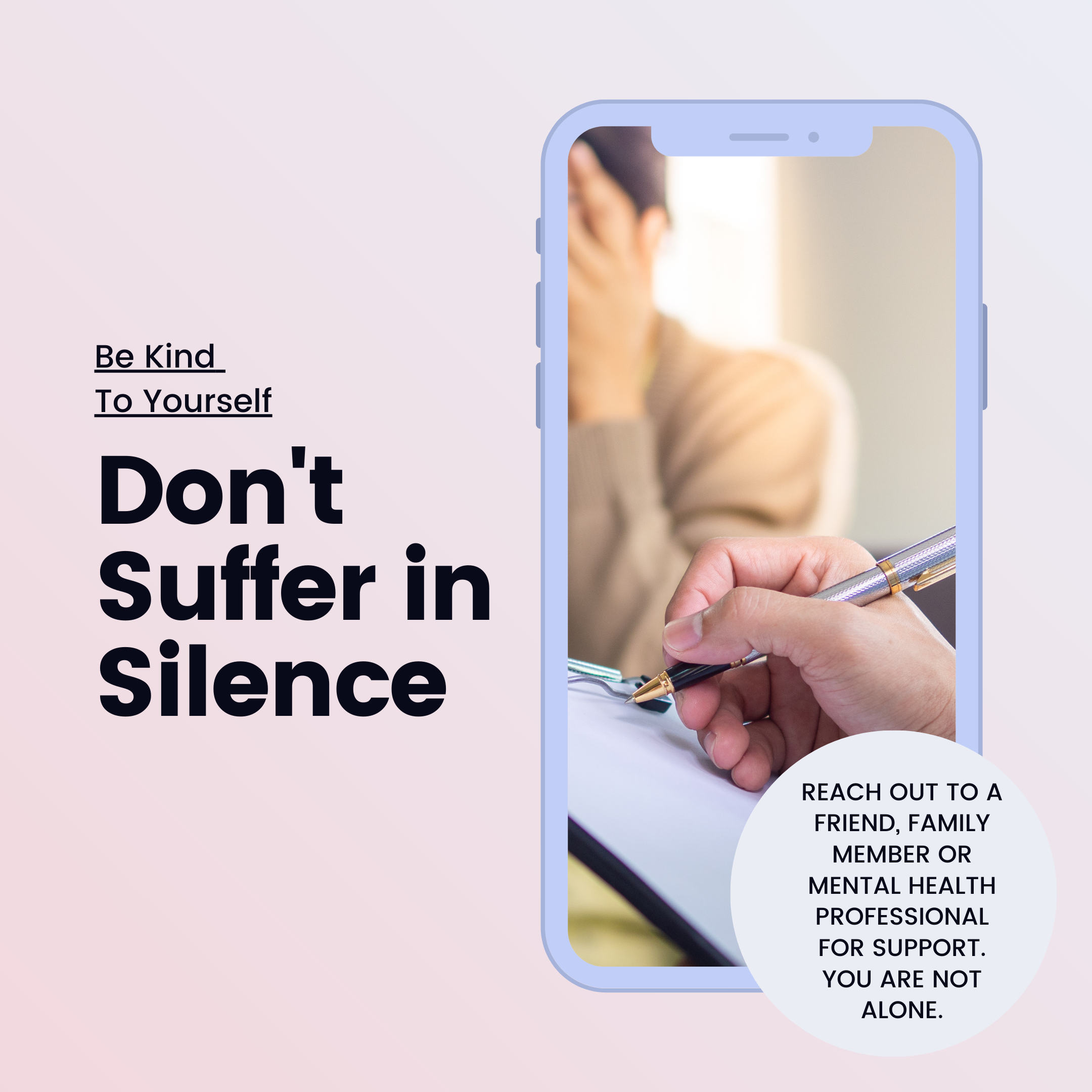
Don't Suffer in Silence: Talk to Someone About Feeling Depressed
Don't Suffer in Silence: Talk to Someone About Feeling Depressed In the rich tapestry of Indian society, where vibrant traditions meet modern aspirations, the topic of mental health often remains veiled in silence. Depression, a common yet misunderstood condition, lurks in the shadows of this silence, affecting millions across the nation. It's time to break the silence and speak up. Remember, when feelings of depression weigh you down, talking to someone can be the first step toward lightening the burden.
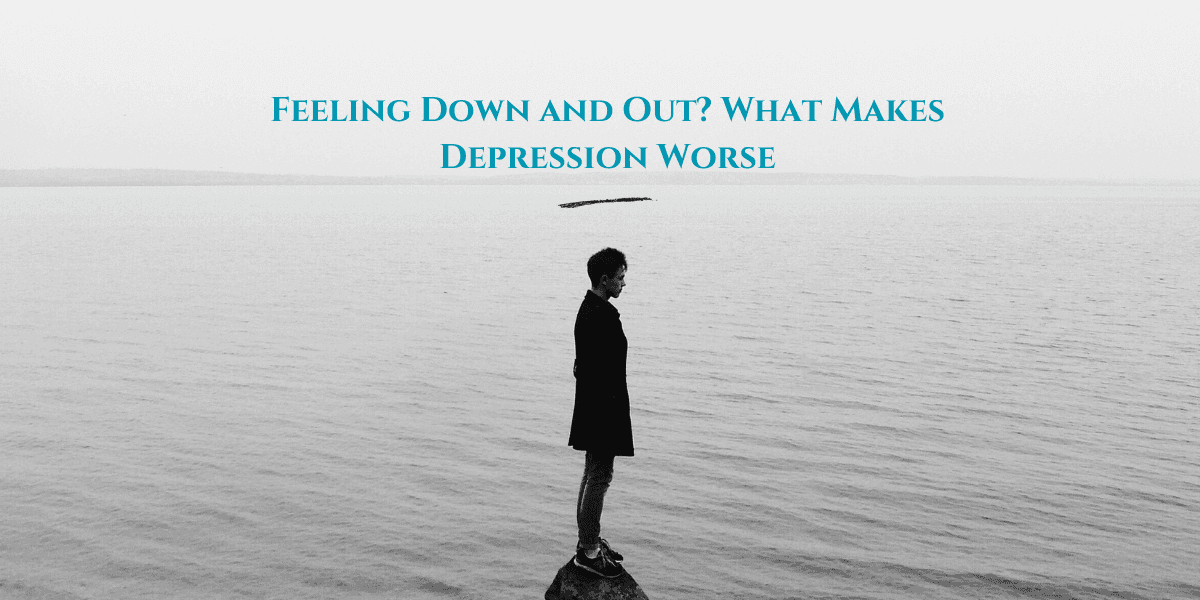
Feeling Down and Out? What Makes Depression Worse
Feeling Down and Out? What Makes Depression Worse In the vibrant tapestry of Indian society, where the hustle of daily life merges with the rich hues of culture and tradition, mental health often takes a backseat. Depression, a common but serious mood disorder, affects many, yet the conversation around it remains shrouded in silence. Understanding what exacerbates depression is crucial, especially in the Indian context, where unique cultural, social, and economic factors come into play.
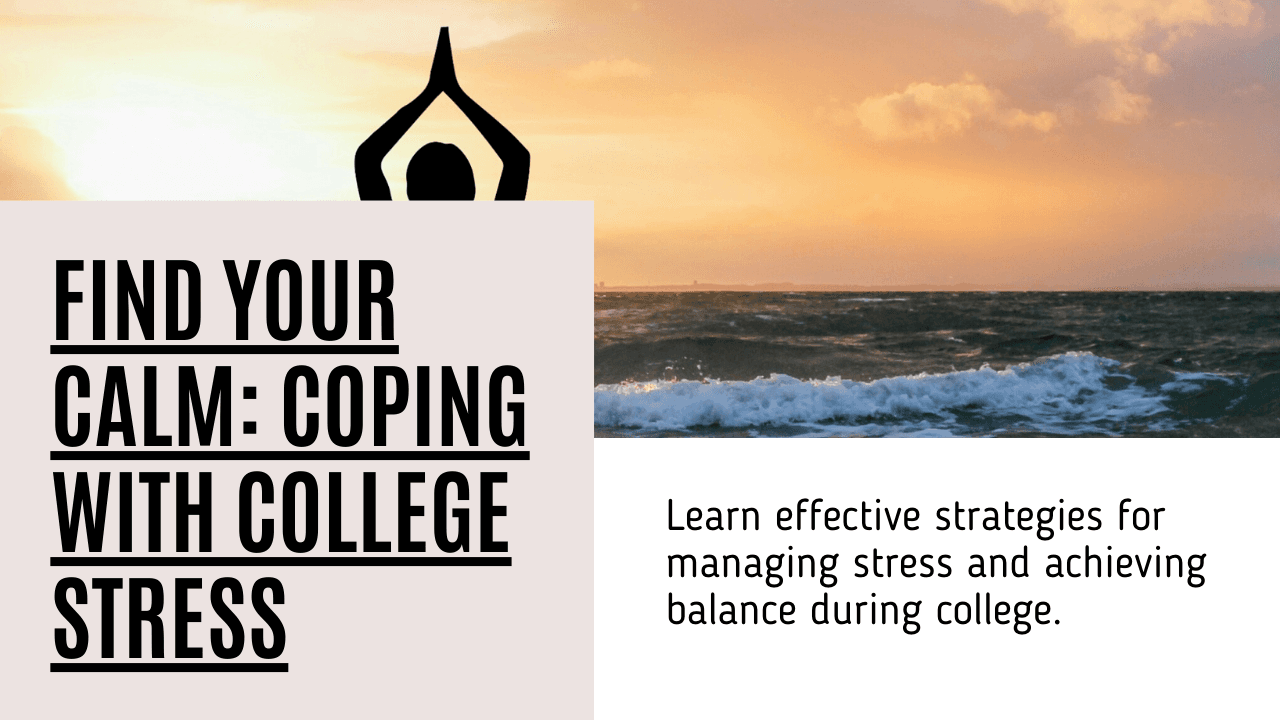
College Got You Stressed? Beat the Pressure and Find Your Calm
Navigating college life, with its myriad of challenges and opportunities, can often feel like a high-wire act, especially for students in India. The transition from school to the more autonomous environment of higher education can be exhilarating yet daunting, bringing with it academic pressures, career decisions, and personal growth experiences. In this context, managing stress becomes not just beneficial but essential for holistic well-being and academic success. CareMe Health, a pioneering mental health startup in India, offers a range of features designed to support college students in their journey towards stress management and mental wellness.

Spouse or Partner Stressed Out? Simple Tips to Support Them During Tough Times
When the dynamics of relationships intertwine with the complexities of modern challenges, stress can easily find its way into our lives and the lives of our loved ones. When your spouse or partner is navigating through tough times, finding the right way to support them becomes paramount. This blog offers simple yet effective tips to help your significant other, with CareMe Health playing a pivotal role in this supportive journey.

What Causes Stress to Get Worse?
What Causes Stress to Get Worse? An In-Depth Look with CareMe Health In our fast-paced world, stress has become a constant companion for many of us. But what turns everyday stress into a more severe problem? Understanding the factors that exacerbate stress is crucial, especially in the context of the diverse and vibrant landscape of India. This blog delves into these factors, supported by scientific evidence, and showcases how CareMe Health is your ally in managing stress effectively.

How to increase control when stressed
In today's fast-paced world, stress has become a common companion for many, significantly impacting mental and physical health. India, with its vast and diverse population, is no stranger to this phenomenon. The pressures of work, education, social expectations, and rapid urbanization contribute to the rising levels of stress among its citizens. Understanding and managing this stress is not just beneficial; it's essential for maintaining overall well-being and quality of life.
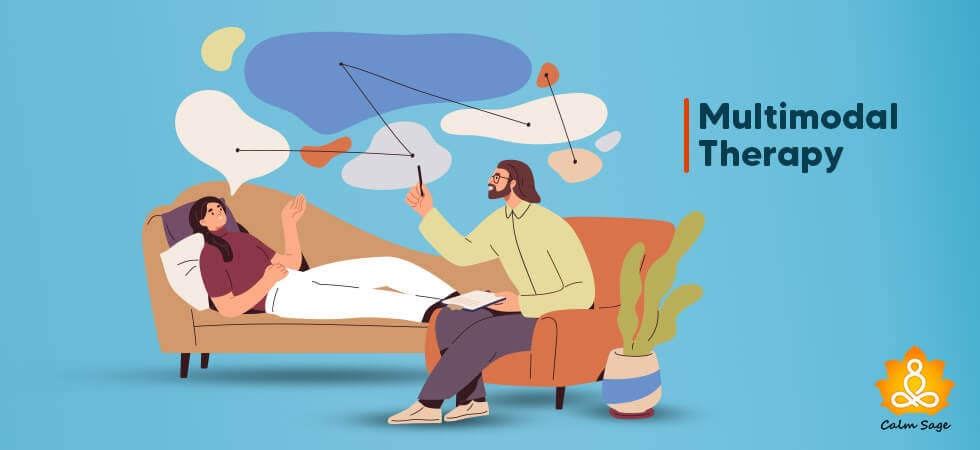
Multimodal Therapy: Integrating Multiple Therapeutic Techniques
Multimodal therapy is an innovative approach to mental health treatment that combines various therapeutic techniques to address the complex needs of individuals. Instead of relying on a single method, this therapy integrates different strategies from multiple disciplines, such as cognitive-behavioral, psychodynamic, and humanistic therapies, among others.

Marriage Counselling in India: Strengthening Bonds in a Changing Landscape
Introduction In the rich tapestry of Indian culture, marriage is revered not just as a union of two individuals but as a sacred bond that weaves together families and communities. It is celebrated with grandeur, symbolizing not only a personal commitment but also a societal covenant.
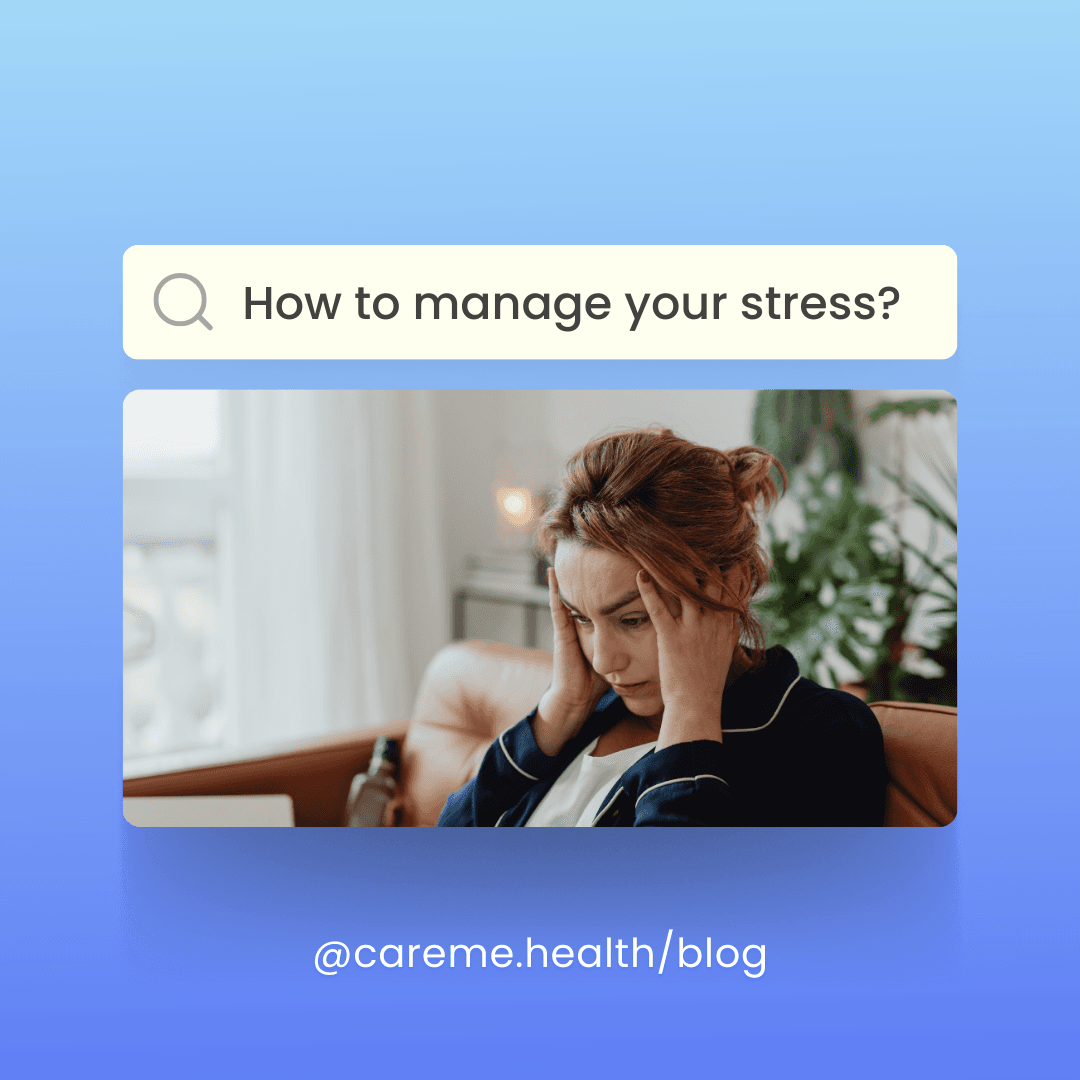
Managing Stress: Causes, Symptoms & Relief Options
Stress is a normal part of life, but when it becomes chronic or overwhelming, it can lead to a variety of mental health problems. Stress can affect the way a person thinks, feels, and behaves, and can lead to symptoms such as anxiety, depression, irritability, and difficulty concentrating.

The Final Weeks: Navigating The Psychological Landscape Of Employee Departure
The act of leaving a job, whether by choice or circumstance, is a significant life event that carries with it a complexity often underestimated by both employees and employers.

Empowering Organizations To Thrive Amidst Job Insecurity With CareMe Health 👥💪
In an evolving corporate landscape, characterized by rapid technological advancements and dynamic work environments
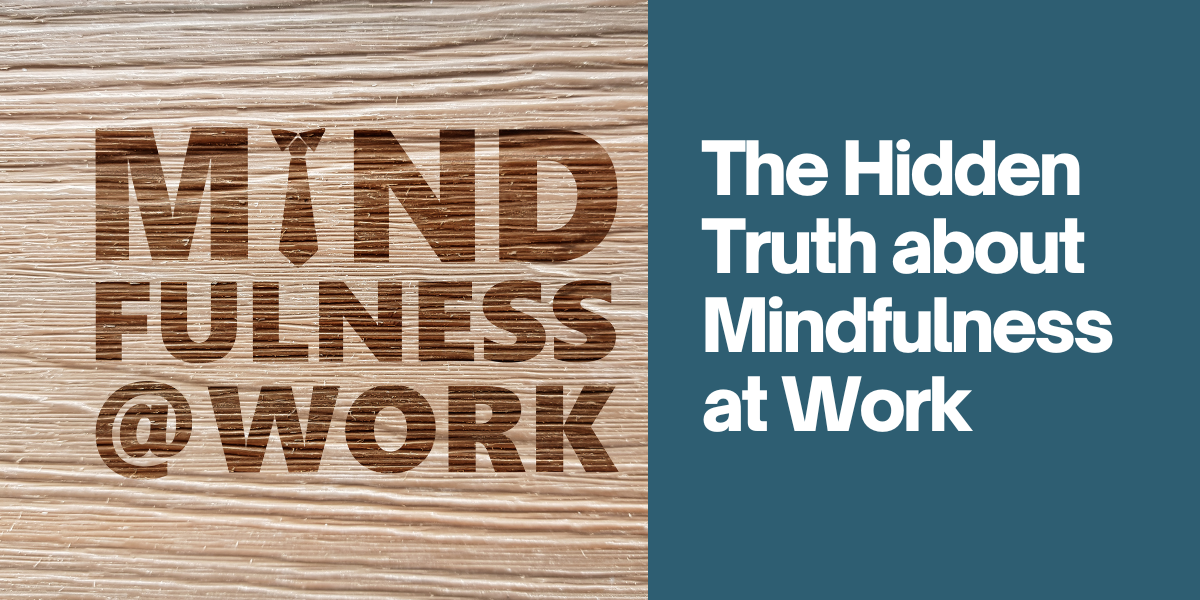
What Employers Aren’t Telling You About Mindfulness At Work
Mindfulness has become a popular buzzword in the corporate world, with many companies incorporating it into their work culture as a way to improve employee well-being and increase productivity

Change – The Only Constant
In an era like today’s where every aspect of life is in extremes, be it the larger-than-life portrayals of characters in films, career aspirations.

How To Recognize The Signs Of Stress And Help A Stressed Employee
Now more than ever stress is having a significant negative impact on the physical emotional and psychological being of humans. In one view, stress also called eustress leads to positive responses-like the feeling before going on a rollercoaster or finishing that last round of set in the gym

How To Prevent Outside Stress From Interfering With Workplace Wellness
If you’re a stressed-out employee…this article is just for you! One of the biggest obstacles to employee engagement in the modern workplace is stress. Many factors like work pressure, job security, personal problems, etc can make us feel overwhelmed, and soon work feels like a drag on our satisfaction.

Calm And Confident: How To Excel In A Competitive Environment
Competition is an inevitable part of life, and it can be especially intense in a professional setting. While a certain level of competition can be healthy and drive us to perform our best, excessive competition can lead to stress and burnout.

Get Better Sleep: 5 Proven Techniques For A Peaceful Night
Sleep is an essential part of our daily routine. A good night’s sleep can leave you feeling refreshed, recharged, and ready to tackle the day ahead.
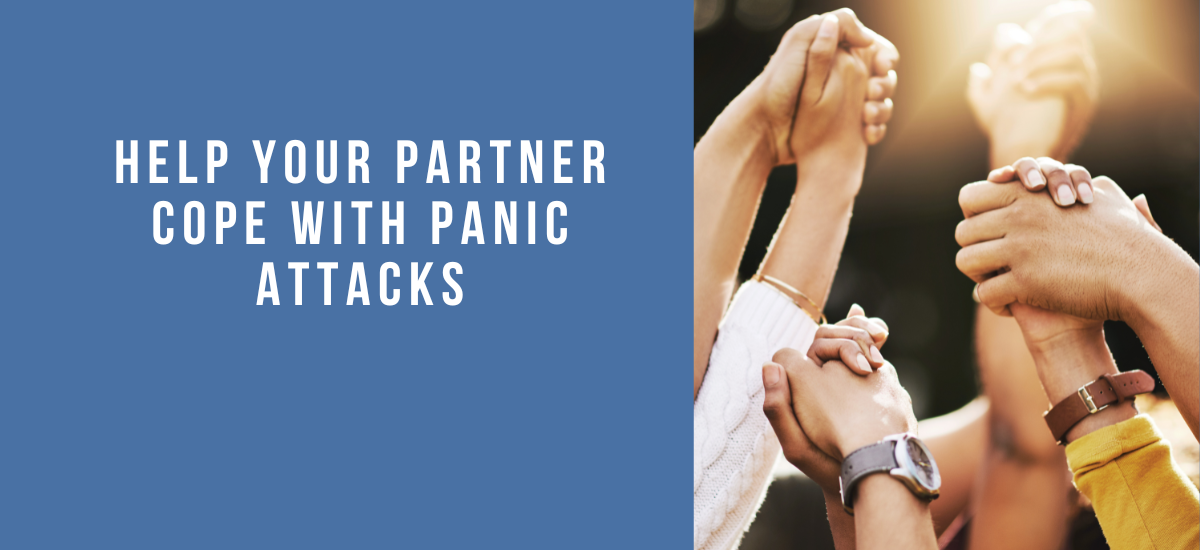
A Guide To Helping Your Partner Cope With Panic Attacks
Panic attacks are a common experience for many people, but they can be especially distressing for those who suffer from them. For partners of someone who experiences panic attacks, it can be difficult to know how to support and comfort them during these episodes.
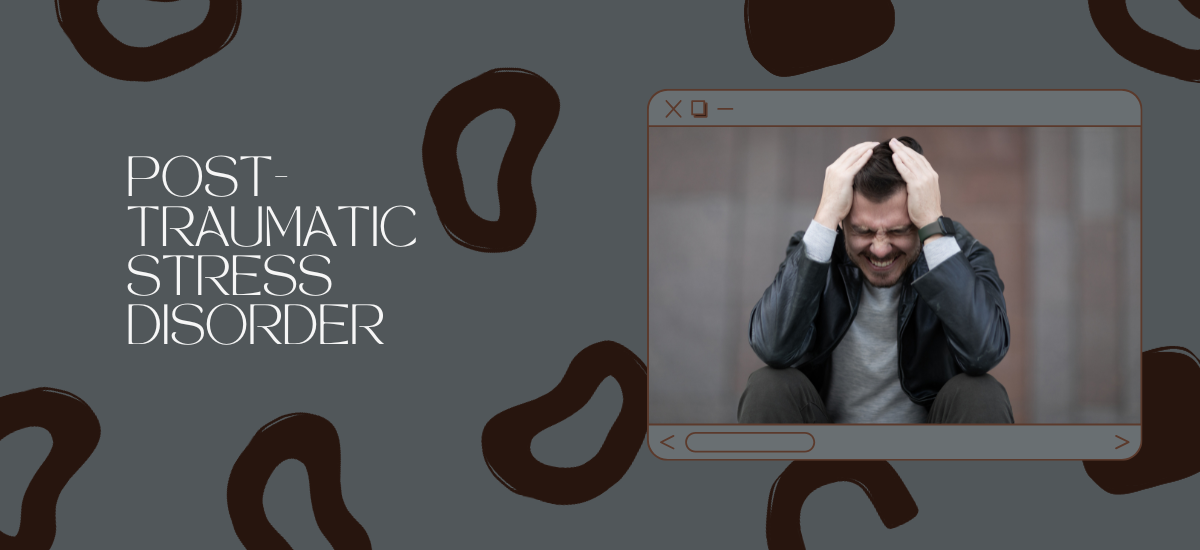
Post-Traumatic Stress Disorder
Post-Traumatic Stress Disorder or PTSD is a disorder characterized by failure to recover after experiencing or witnessing a terrifying event. Some people heal within 6 months or so…while there are many others who suffer for a longer duration.
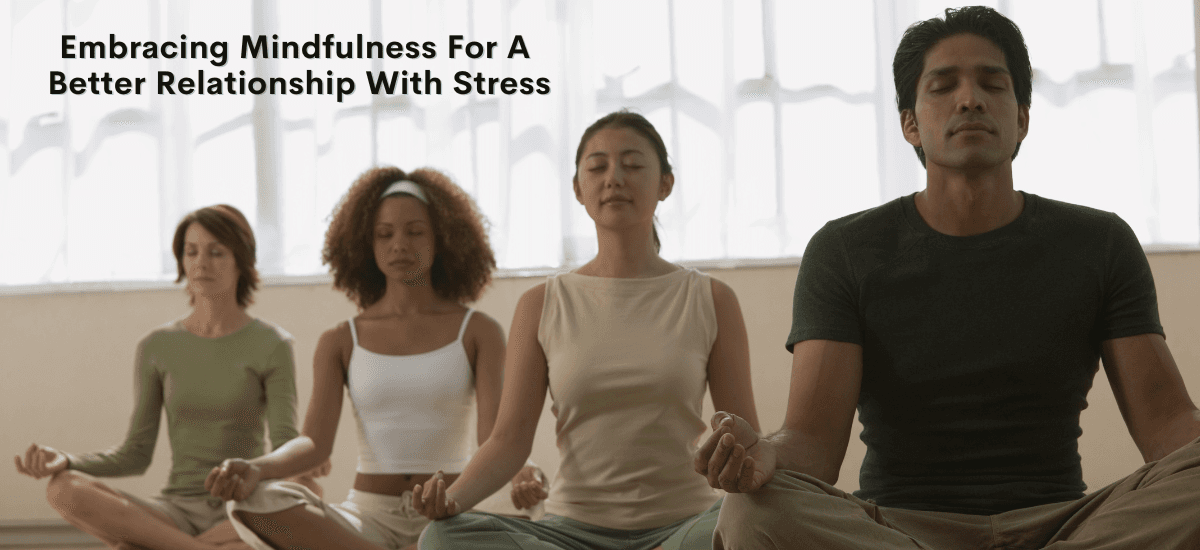
Embracing Mindfulness For A Better Relationship With Stress
Stress is a part of everyone’s life and can often be seen as a negative thing. However, stress can also be a positive force in our lives if we learn how to manage it properly. Improving our relationship with stress can lead to better mental and physical health

6 Signs You’re Stressed Out And Need A Break!
Recognize the signs of stress and discover when it's crucial to take a break. Explore practical ways to manage stress and prioritize self-care for better mental well-being.
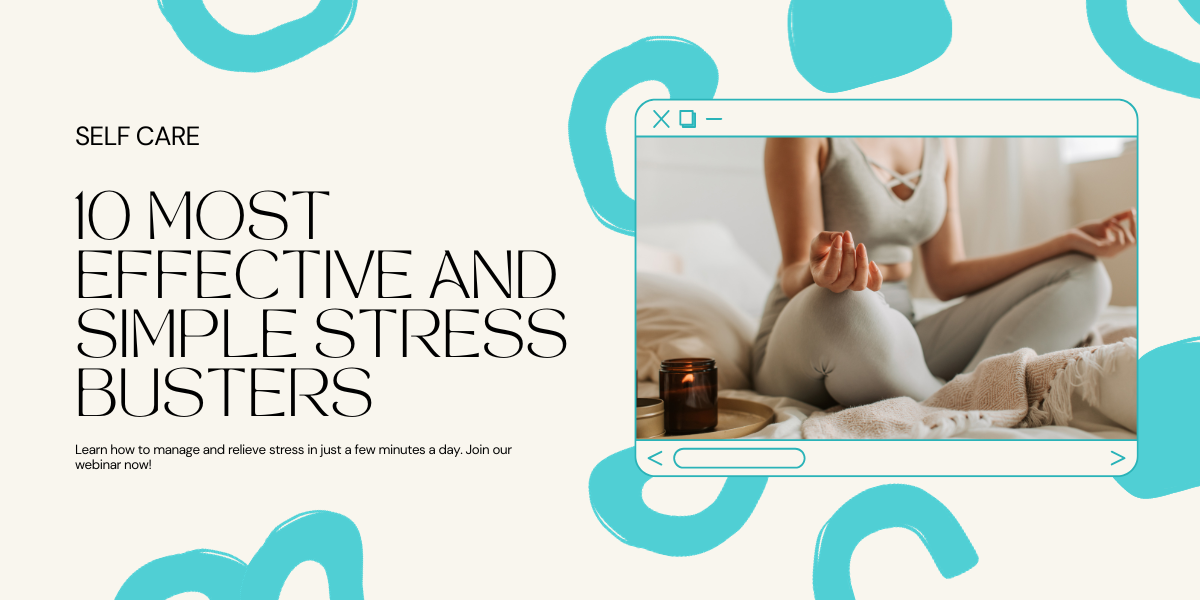
10 Most Effective And Simple Stress Busters To Try Immediately
With many versions of the pandemic that came our way, we have experienced social distancing, isolation, couple lockdowns, and a shift to online learning, and working.
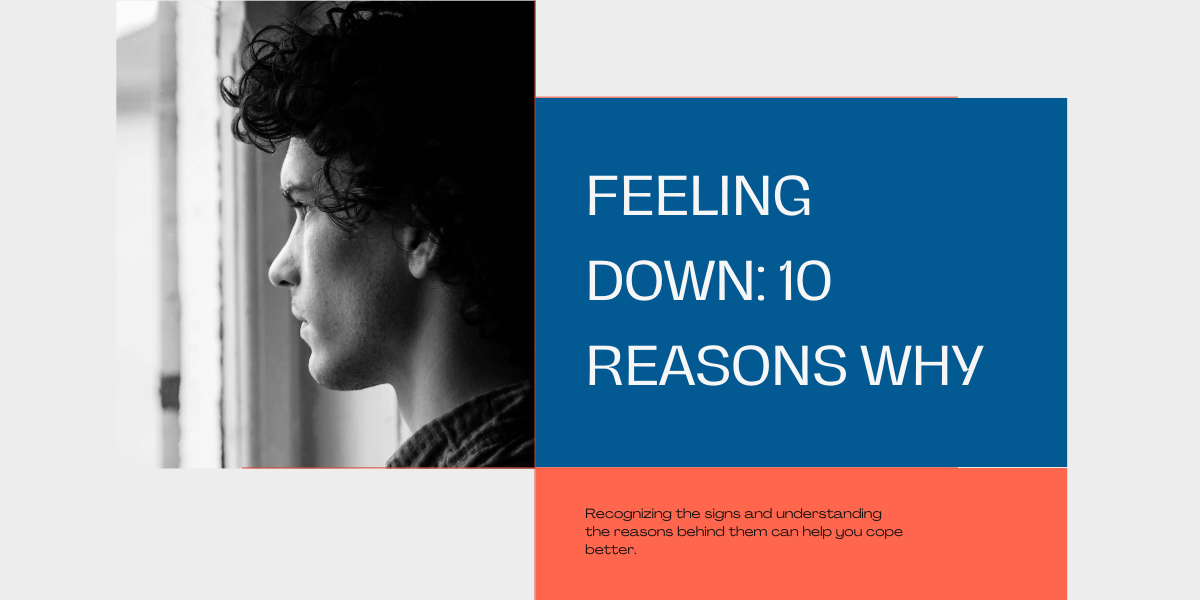
Don’t Ignore The Signs: 10 Reasons You’re Feeling Down
We accept happiness with open arms and a warm heart, but why do we shun sorrow? Both are emotions that come and go.
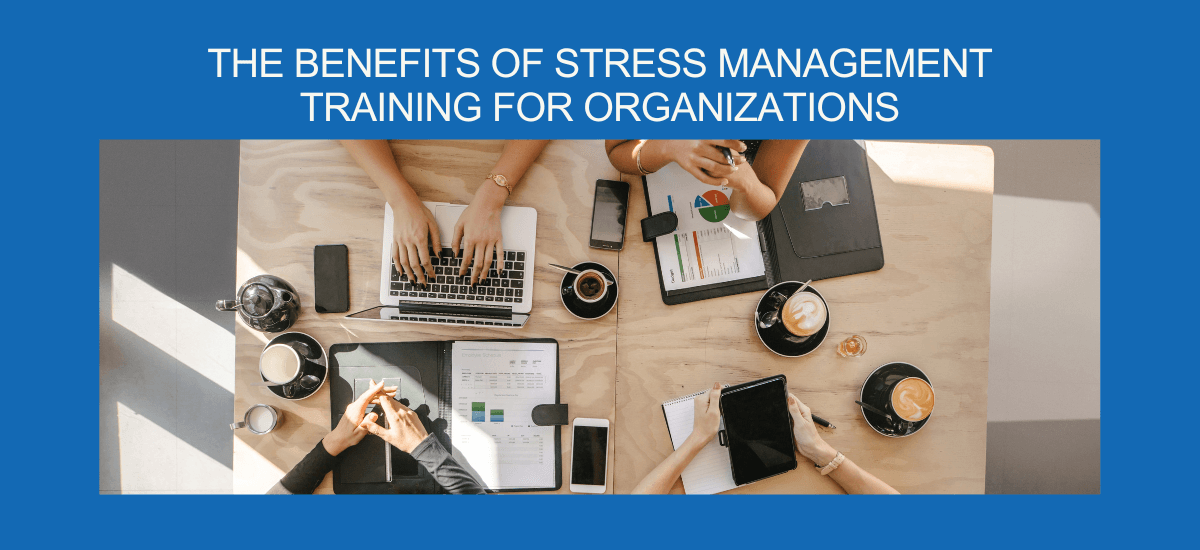
The Benefits Of Stress Management Training For Organizations
Stress management training for employees is becoming increasingly important as the demands and pace of work continue to increase. Chronic stress can have a negative impact on an employee’s mental and physical health, as well as their work performance.